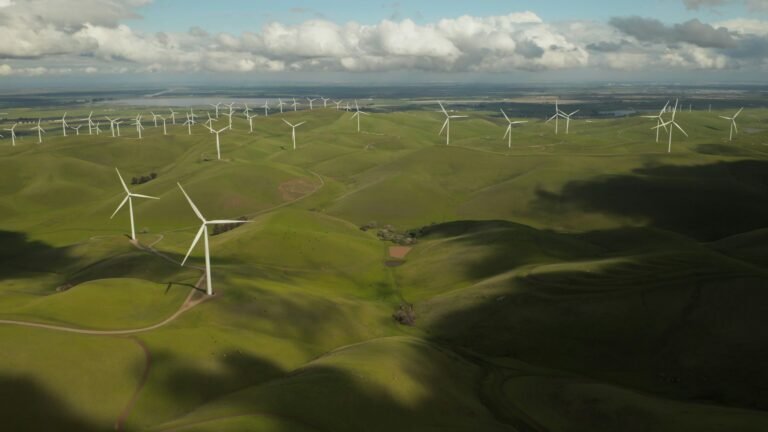Leading universities globally are spearheading innovative efforts to combat climate change and achieve net zero targets. Institutions such as Oxford, Cambridge, Imperial College London, the University of Edinburgh, and the University of Aberdeen are at the forefront of developing groundbreaking solutions in CCUS technologies, policy frameworks, and integration strategies in the United Kingdom. These research initiatives are shaping the future of sustainable energy and environmental stewardship.
Oxford University’s Carbon Management Program, launched in December 2022 at the Oxford Institute for Energy Studies (OIES), delves into business strategies aimed at implementing low-carbon technologies crucial for transitioning to a net zero world. The program focuses on carbon capture, utilization, and storage (CCUS) as well as carbon dioxide removal (CDR) solutions, exploring both technological and natural approaches. It examines the role of carbon markets in driving investments towards transformative technologies.
The research activities of the program are centered around three key thematic areas. Firstly, the Carbon Capture, Utilization, and Storage (CCUS) segment evaluates the feasibility of CCUS across sectors like oil & gas, steel, cement, and waste-to-energy. It provides insights into the economic, policy, and regulatory aspects of CCUS adoption, alongside exploring policy support methods like tax incentives and carbon pricing. Comparative analyses with alternative decarbonization solutions are also conducted.
Secondly, the Carbon Dioxide Removal (CDR) research area focuses on methods to remove CO2 from the air, essential for meeting climate goals outlined in the Paris Agreement. The research delves into promising CDR solutions such as direct air capture (DAC), bioenergy with carbon capture and storage (BECCS), and biochar production, assessing their practicality and scalability.
The third area of research, Carbon Markets, aims to integrate CCUS and CDR solutions into voluntary and mandatory carbon markets. It addresses challenges hindering progress in these markets, including the need for robust carbon accounting frameworks and methods to ensure the permanence of carbon removal. The University of Oxford aims to achieve its net zero carbon goal and biodiversity net gain by 2035 through the “Oxford Net Zero” Initiative, drawing on 15 years of climate neutrality research.
The University of Cambridge’s Carbon Capture, Storage, and Use (CCSU) research, part of the Energy Transitions@Cambridge initiative, involves over 250 academics from 30 departments and faculties. The research focuses on understanding opportunities and risks associated with CCUS, covering areas like chemical looping of solid fuels, hydrogasification of coal, and seismological observations of injection sites. The university’s climate initiative, Cambridge Zero, aims to shape a sustainable future and reduce greenhouse gas emissions to zero by 2038.
The University of Edinburgh’s School of Engineering hosts a prominent carbon capture research group focusing on carbon dioxide capture through adsorption and membrane separations. Part of the Scottish Carbon Capture and Storage (SCCS) Centre, this group specializes in adsorbent testing, membrane assessment, molecular modeling, dynamic process modeling, and process integration for enhanced efficiency. The university’s research contributes significantly to advancing carbon capture technologies.





